Leading change
Is this how the coalition cookie crumbles?
The absence of an outright winner in the key metros of Tshwane, Johannesburg, and Nelson Mandela Bay (as well as some municipalities) during the 2016 Local Government Elections ushered in a new era of coalition politics. Hailed as a much-needed redefinition of the political landscape and the future of South African politics, this new political arrangement is beginning to show cracks early in its infancy.
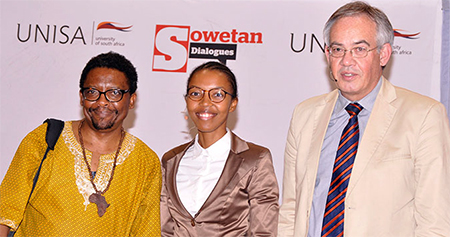
Pictured at the Unisa-Sowetan Dialogue last night: Prof Simphiwe Sesanti (Associate Professor at the Institute for African Renaissance Studies at Unisa), Nompumelelo Runji (policy analyst, researcher, author and speaker), and Prof Dirk Kotzé (Professor in Political Sciences at Unisa).
Hosted by the Tiso Blackstar Group, in association with Unisa, the latest Sowetan Dialogues, which took place on 24 October 2017, provided a pivotal platform to discuss a myriad of issues.
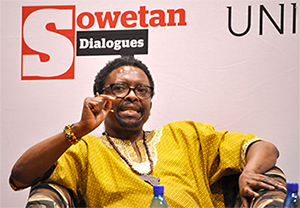
Prof Simphiwe Sesanti (Associate Professor at the Institute for African Renaissance Studies at Unisa) said that 2016 served as a very firm basis for people to begin to anticipate what may take place in 2019.
The removal of Mongameli Bobani as the Deputy Executive Mayor in Nelson Mandela Bay precipitated a legal challenge by the United Democratic Movement (UDM), coupled with the withdrawal of Economic Freedom Fighters (EFF) support to the Democratic Alliance (DA) at other metros and municipalities where they are collaborating. Both these parties accuse the DA of bullying tactics and undermining smaller parties. Some of the questions that are surfacing include: Are these just the ordinary growing pains of a fledgling coalition and collaboration political dispensation or is this the beginning of the end for coalition and collaboration politics in South Africa?
A week is a long time in politics
Prof Simphiwe Sesanti, Associate Professor at the Institute for African Renaissance Studies at Unisa, said that 2016 served as a very firm basis for people to begin to anticipate what may take place in 2019. “But we must remember that even a week is a very long time in politics and much can happen in this time,” he said.
He also pointed out that coalitions came about through discomfort felt by smaller parties who felt that majority parties are using bullying and arrogant tactics.
In terms of how people have and will vote, Sesanti explained that if politicians are genuine and sincere, as opposed to serving the interests of those who have got large bags, key objectives will be met. “No matter what the system, for as long as ordinary people do not see a concrete change, and a material change, in their lives they are always going to find themselves dissatisfied,” he said.
Sesanti believes the strategy is one thing, the tactic is another, but most important is the objective. “At the moment, even within the African National Congress, and even with all the contestations that we see, we are not seeing much of an ideological clarity. I think that’s what is intriguing and this the kinds of issues and questions that journalists should pose…When I refer to public interest, I’m not just referring to the elite interest but also the interest of the common man and woman who is on the receiving end of all this political activity,” Sesanti added.
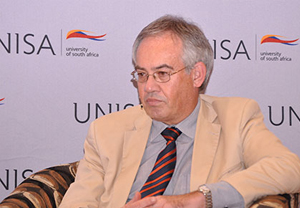
Prof Dirk Kotzé (Professor in Political Sciences at Unisa) explained that the idea of coalition governments is always a very small majority, so it requires balance. “Because of it, a small movement by one party, can disturb the balance that exists,” he said.
The scene is definitely set for the 2019 elections
When it comes to some general trends in 2016, Prof Dirk Kotzé, Professor in Political Sciences at Unisa, pointed out that only Gauteng and Eastern Cape (Multi-Party Forum) can be a model/framework for a 2019 DA coalition. He explained that other provinces are too specific in terms of local parties’ influence (Western Cape, Free State, North West) or regional trends—Inkatha Freedom Party in KZN, Freedom Front in Limpopo, Forum 4 Service Delivery in North West Province, and United Democratic Movement in the Eastern Cape.
“We are seeing, from all sides, that the practice of coalition parties is being used. Therefore the scene is definitely set for the 2019 elections because I think on both the DA and ANC’s side, they are starting to think about the possibility of coalitions,” said Kotzé. He added that the idea of coalition governments is always a very small majority, so it requires balance. “Because of it, a small movement by one party, can disturb the balance that exists,″ he added.
*By Kirosha Naicker
Publish date: 2017-10-25 00:00:00.0


 Mental health among men in the workplace needs more attention
Mental health among men in the workplace needs more attention
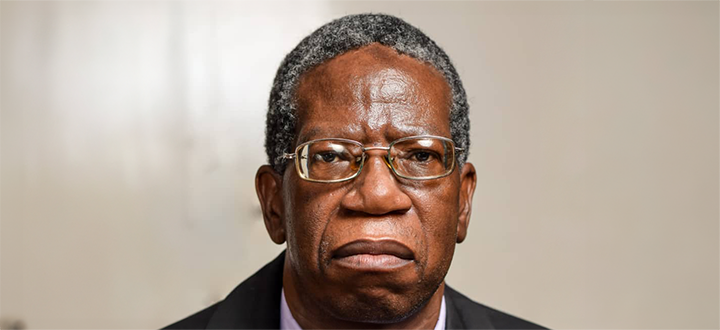 "I owe everything to Unisa and my late supervisor's priceless mentoring"
"I owe everything to Unisa and my late supervisor's priceless mentoring"
 Majikijela - a queer scholar raising homosexuality awareness through his work
Majikijela - a queer scholar raising homosexuality awareness through his work
 Unisa and Inqaba Biotec unveil groundbreaking DNA research platform
Unisa and Inqaba Biotec unveil groundbreaking DNA research platform
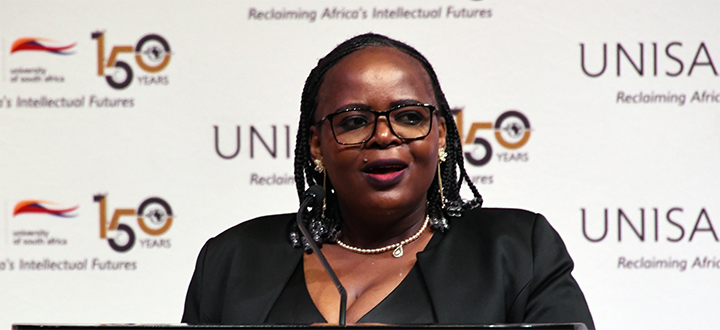 College of Law appoints esteemed scholar as executive dean
College of Law appoints esteemed scholar as executive dean